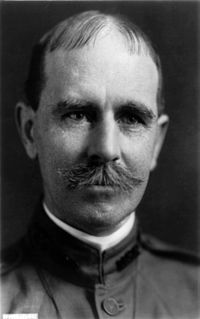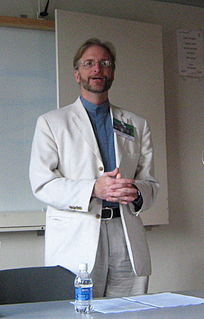A Quote by Agathon
Every ruler must remember three things. Firstly, that he rules man; secondly, that he rules according to law, and thirdly, that he does not rule for ever.
Related Quotes
In bad or corrupted natures the body will often appear to rule over the soul, because they are in an evil and unnatural condition. At all events we may firstly observe in living creatures both a despotical and a constitutional rule; for the soul rules the body with a despotical rule, whereas the intellect rules the appetites with a constitutional and royal rule. And it is clear that the rule of the soul over the body, and of the mind and the rational element over the passionate, is natural and expedient; whereas the equality of the two or the rule of the inferior is always hurtful.
Law and justice are from time to time inevitably in conflict ... . The jury ... adjusts the general rule of law to the justice to the particular case. Thus the odium of inflexible rules of law is avoided, and popular satisfaction is preserved ... That is what jury trial does. It supplies that flexibility of legal rules which is essential to justice and popular contentment.
In [the soul] one part naturally rules, and the other is subject, and the virtue of the ruler we maintain to be different from that of the subject; the one being the virtue of the rational, and the other of the irrational part. Now, it is obvious that the same principle applies generally, and therefore almost all things rule and are ruled according to nature.
We speak erroneously of "artificial" materials, "synthetics", and so forth. The basis for this erroneous terminology is the notion that Nature has made certain things which we call natural, and everything else is "man-made", ergo artificial. But what one learns in chemistry is that Nature wrote all the rules of structuring; man does not invent chemical structuring rules; he only discovers the rules. All the chemist can do is find out what Nature permits, and any substances that are thus developed or discovered are inherently natural. It is very important to remember that.
The purpose of any military is to kill people and break things. It's not to advance anybody's social agenda. It's not a laboratory for the left's social ideas or playgrounds. It is to kill people and break things, and the second rule is that the aggressor in any conflict sets the rules. And if they violate an existing rule book, then so be it. The aggressor sets the rules, and right now, Putin is setting the rules.





































